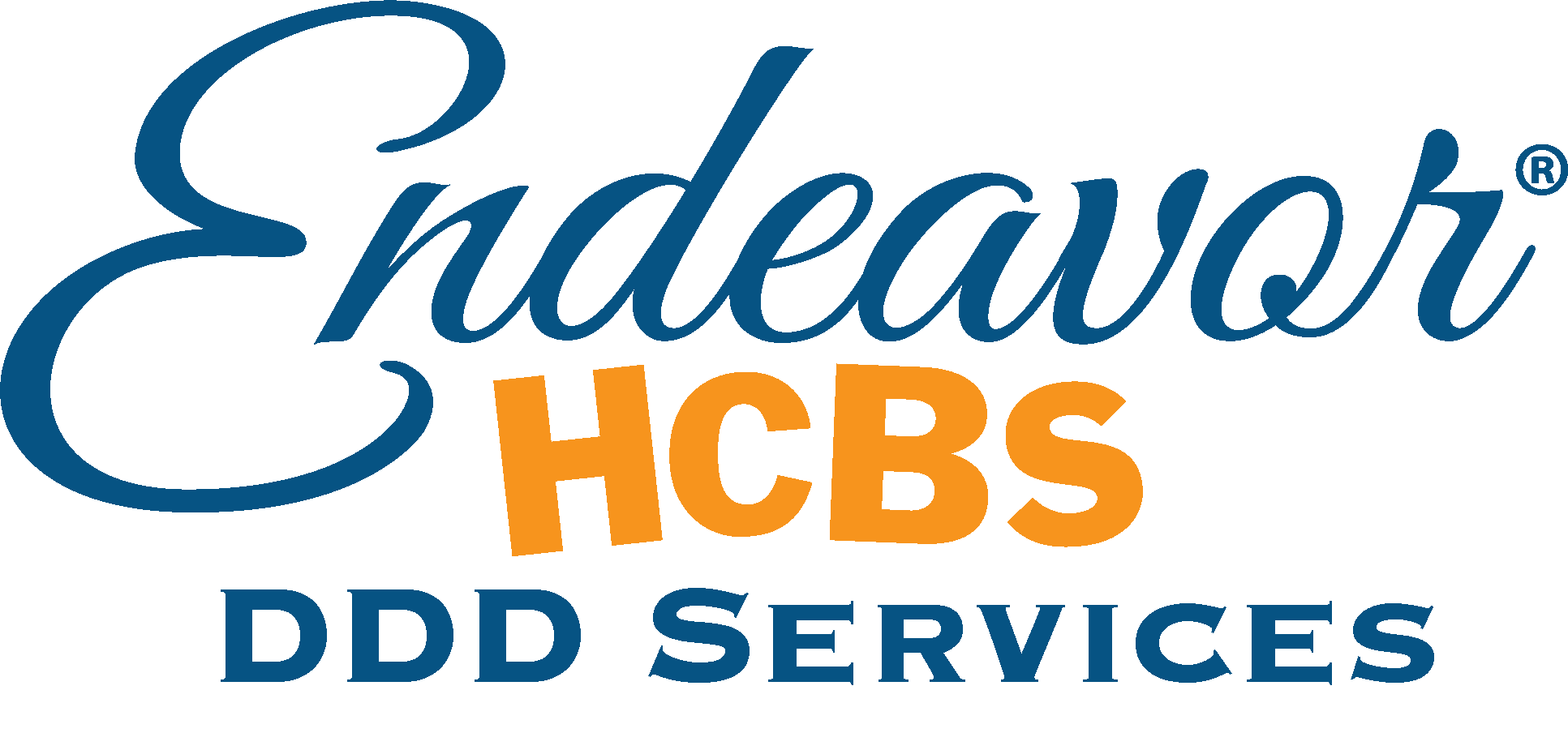 Is it possible you may have a preconceived notion of certain stereotypical groups of people? For example, what comes to mind when you hear the words “drug addict”? Do you think about the various forms of addiction in the elderly or do you think of a young adult unable to get through everyday life without a fix, potentially resorting to a life of crime to fund his or her addiction?
Is it possible you may have a preconceived notion of certain stereotypical groups of people? For example, what comes to mind when you hear the words “drug addict”? Do you think about the various forms of addiction in the elderly or do you think of a young adult unable to get through everyday life without a fix, potentially resorting to a life of crime to fund his or her addiction?
If that’s the case, you may be surprised to discover that older adults are breaking the mold, unknowingly dealing with serious addiction in the elderly – namely, to opioids. Often prescribed for short-term pain relief, longer term use of the drugs can result in addiction. And yet, the American Geriatric Society updated its guidelines in 2009 to highly recommend their use in older adults, who, they reasoned, are less likely to become addicted.
Dr. Mel Pohl, of the Las Vegas Recovery Center, has a different opinion. “There’s no factual, scientific basis for that. The drug takes over in the brain. It doesn’t matter how old the brain is,” he explains.
Upon being discharged from the hospital, as many as 15% of patients are getting an opioid prescription. Up to half of those patients are still taking that medication three months later, which makes the chances of becoming addicted quite alarming. Opioids themselves might leave elderly people fatigued, groggy, and depressed, and the results of quitting the medication once addicted may be more serious: nausea, perspiring, muscle aches, and more.
So what’s the remedy? Supplying yourself with knowledge and asking about less risky alternatives to opioids for your older loved ones is an excellent place to start. But remember the fact that even over-the-counter pain medications can be hazardous for older people, making it tough for medical professionals to know how to best control senior pain – managing risks with the need to take away suffering in older patients.
It is important for everyone, regardless of age, to become familiar with our own conditions and treatment options, and make smart decisions in our care – and, to take medications exactly as prescribed, for the length of time they are prescribed.
Endeavor Home Care, providing in home care – Phoenix and surrounding areas can help in many ways to help avoid opioid addiction in the elderly. We can provide transportation and accompaniment to doctors’ visits and procedures, pick up prescriptions, and provide medication reminders to make sure seniors are on track with effective medication management. Contact us any time at (623) 428-2100 to find out more ways we can help keep your senior loved one safe and well, right at home. Click to view our full service area.


